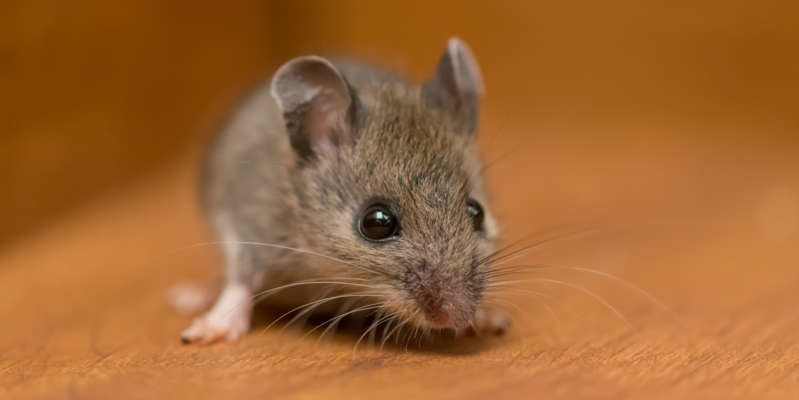
Old mouse brains rejuvenated thanks to gut microbes
Scientists have found new evidence that gut bacteria can influence the aging of the mammalian brain. The study showed that transferring feces from young to old mice helped to “rejuvenate” the brain of the latter and reversed some age-related processes, according to Nature Aging.
Scientists are actively investigating the role of the gut microbiome on the body. In recent years, it has become known that it is associated with the development of diseases such as dementia, Alzheimer's and Parkinson's disease, and even affects character and temperament.
The new study focused exclusively on brain aging. Fecal material was collected from young mice (three months old) and transplanted into older mice (20 months old). The procedures were performed several times a week for four weeks.
At the end of the month-long experiment, the elderly mice underwent clear cognitive and even physiological changes. Thus, their learning ability and long-term spatial memory improved.
Moreover, age-related changes in the hippocampus (an area of the brain responsible for memory, among other things) in old rodents were reversed. The activity of microglia, a type of immune cells in the brain that is critical for cognition and neuroplasticity, has changed especially noticeably.
The scientists noted that they have traced the relationship between the composition of the gut microbiome and the state of the brain. But much more research needs to be done before a therapy for humans can be developed.
Previously, scientists have found a way to regain lost memory. They found a brain-boosting substance.

